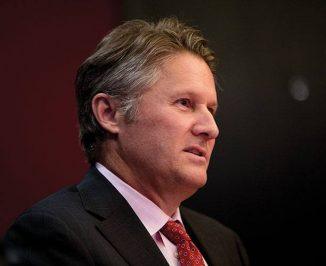High-stakes recruitment, financial pressures and Europe’s largest law firm collapse – here is a recap of the stories that defined the global legal market through the past 12 months. Continue reading “The Global 100 – The stories of the year”
The Global 100 – The stories of the year
‘It’s the clothes on top that matter’: how much does structure affect the Swiss Verein firms?
DLA Piper, the world’s second-largest Swiss Verein-structured law firm, saw global turnover in 2016 drop 3% to $2.47bn from $2.54bn. The drop in overall revenue was attributed by the firm to exchange rate fluctuations across the global firm’s international business, which is divided between an international LLP and a US LLP. In sterling, DLA says, turnover was up 3%.
Similarly, Norton Rose Fulbright saw turnover drop 3% to $1.69bn, with the firm again attributing the performance to currency fluctuations. In a statement, a spokesperson said the firm had seen a 3% increase on 2015 revenue using like-for-like exchange rates, adding: ‘Our stated US dollar figures are very susceptible to currency exchange moves and, in the past year, the sterling, euro, Australian/Canadian dollars and South African rand experienced significant negative moves against the US dollar.’
London calling: the client view
‘I prefer to use the Magic Circle rather than US firms. They are, if anything, becoming better-run businesses.’
Philip Bramwell, BAE Systems
It should come as no surprise that clients on the global stage continue to demand more from their advisers. Yet, for the most part, those London-headquartered firms at the top end of the Global 100 report are delivering for clients despite the influx of international firms, particularly those based in the US, into their home market.
‘I continue to believe that the Magic Circle firms offer excellent strength and depth on big-ticket issues,’ says Philip Bramwell, group general counsel (GC) of multinational defence, security and aerospace company BAE Systems. ‘Their strength is in their gene pool – their core systems and the processes that they continue to invest in – and they are, if anything, becoming better-run businesses.’









